Difficult enough
Dr. Vu Van Hoan, Institute of Health Strategy and Policy (Ministry of Health) pointed out the current situation of loose coordination between training and practice facilities. Non-public schools develop more systematic practice programs than public schools. However, non-public schools depend entirely on practice facilities (hospitals) because they do not have enough lecturers to accompany students. Practice facilities are often far from schools. Only a few schools send lecturers to practice facilities to coordinate and guide students, the rest leave management to practice facilities.
According to Mr. Hoan, in some large hospitals, for typical cases, due to students crowding together, clinical classes are too crowded, and in the end, students cannot hear the teacher. The regulation that universities must ensure that 20% of lecturers participate in practice facilities, both to instruct and provide services, is difficult for many units. Only large schools that have been established for a long time and have good relationships can take on this responsibility, while nearly 100% of non-public schools cannot guarantee this.
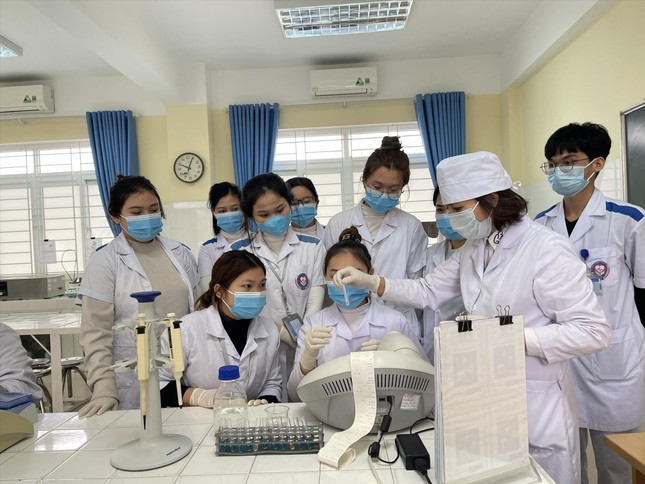 |
Medical students practice in the laboratory |
Analyzing the issue of applying virtual reality models to improve clinical skills for medical students, Professor Tran Diep Tuan, Chairman of the University Council, Ho Chi Minh City University of Medicine and Pharmacy, said that the application is still very limited. Although it is a useful support technology for students, it cannot replace direct practice at the hospital bed, "clinical practice" is "going to the hospital bed to practice".
Because in the end, doctors still have to communicate with patients and perform professional tasks directly on the patient's body. These skills cannot be formed when working in a virtual environment. Medicine must be closely linked to the patient. Therefore, the hospital's mission, in addition to taking care of the patient's health, is also a place to train medical human resources. The Hippocratic Oath also emphasizes the obligation and responsibility in training the next generation. That is the instinct and noble responsibility of every doctor and medical staff.
Mr. Nguyen Ngo Quang, Director of the Department of Science, Technology and Training (Ministry of Health), said that in the process of working with the Ministry of Education and Training to evaluate the application files to open training codes in the health sector of a number of schools, many applications met the standards but were only on paper.
“I can’t imagine that in 5-10 years, my teachers and I will retire, get sick, and go to the hospital. The doctors and nurses who treat and care for us will make medical mistakes. How will we explain to society then?” Mr. Nguyen Ngo Quang, Director of the Department of Science, Technology and Training (Ministry of Health)
In response to the proposal of universities and hospitals to issue strict regulations related to the ability to ensure quality practice activities, Mr. Nguyen Ngo Quang said that when amending Decree 111 in the near future, the drafting committee will include detailed regulations on specific conditions such as ensuring practice conditions, specific number of students/hospital beds, etc. In addition, the Ministry of Health is assigned to draft a decree on training for specific specialized fields, the general spirit will be to make reasonable proposals, the ultimate goal is to ensure the quality of training human resources in the medical sector.
Mr. Quang said: “I can’t imagine that in 5-10 years, my teachers and I will retire, get sick, and go to the hospital. The doctors and nurses who treat and care for us will make medical mistakes. How will we explain to society then?”
Monitoring tools
Deputy Minister of Health Nguyen Tri Thuc shared his wish that major universities such as Hanoi Medical University, University of Medicine and Pharmacy (Hue University), University of Medicine and Pharmacy, Ho Chi Minh City, etc., must be key schools, play a leading role and not be lenient in practical training. The important thing is to ensure harmony between schools and hospitals, and not overcharge. There should be no idea that if schools need hospitals, hospitals have the right to "bully", especially "bully" private schools.
Ms. Nguyen Thi Thu Thuy, Deputy Director of the Department of Higher Education (Ministry of Education and Training) said that the Ministry of Education and Training plays an important role in the management of university training, related to improving the quality of medical training. Current regulations of the health sector, from program development to opening new training majors, organizing training implementation, etc., are all linked to Decree 111.
The Ministry of Education and Training considers allowing training institutions to open majors that are also linked to the criteria requirements of this decree. In the health sector alone, the Law on Higher Education requires approval from the Ministry of Education and Training and the Ministry of Health. Therefore, every time a health major is submitted to the Ministry of Education and Training, there must always be consensus, or in other words, there must be an inspection to ensure standards, learning conditions, and practice by the Ministry of Health.
Ms. Thuy informed that the Government assigned the Ministry of Education and Training to amend the Law on Higher Education. Decree 111 is related to both training and medical examination and treatment. Therefore, in the coming time, when amending the Law on Higher Education, the Ministry of Education and Training will consult with managers and higher education institutions to consider specific fields such as health. In the context of universities exercising autonomy at present, the State will have to have monitoring tools. For example, what are the minimum standard conditions to ensure training quality in the health sector?
Therefore, Ms. Thuy hopes that the drafting committee of the revised Decree 111 will try to review and propose to the Ministry of Health to have monitoring tools in the management of training in specific fields, while still ensuring the implementation of common points of the university education system. In addition, the Ministry of Health and the Ministry of Education and Training are coordinating to develop training program standards. This will also play an important role when linked to the regulations in Decree 111.
Source: https://tienphong.vn/bat-cap-dao-tao-nganh-y-duoc-phai-dam-bao-dieu-kien-thuc-hanh-cho-sinh-vien-post1734949.tpo


![[Photo] Prime Minister Pham Minh Chinh receives Swedish Minister of International Development Cooperation and Foreign Trade](https://vphoto.vietnam.vn/thumb/1200x675/vietnam/resource/IMAGE/2025/5/12/ae50d0bb57584fd1bbe1cd77d9ad6d97)

![[Photo] Prime Minister Pham Minh Chinh works with the Standing Committee of Thai Binh Provincial Party Committee](https://vphoto.vietnam.vn/thumb/1200x675/vietnam/resource/IMAGE/2025/5/12/f514ab990c544e05a446f77bba59c7d1)

![[Photo] Prime Minister Pham Minh Chinh starts construction of vital highway through Thai Binh and Nam Dinh](https://vphoto.vietnam.vn/thumb/1200x675/vietnam/resource/IMAGE/2025/5/12/52d98584ccea4c8dbf7c7f7484433af5)

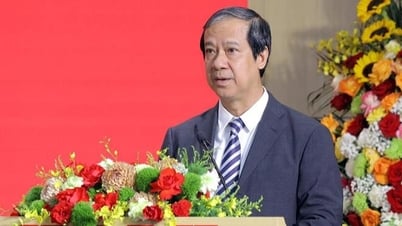


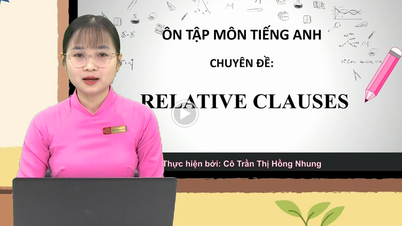










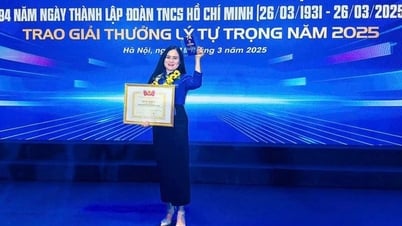
























































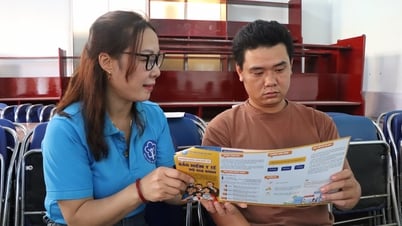
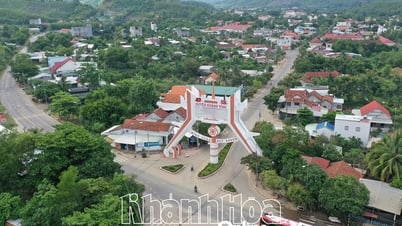











Comment (0)